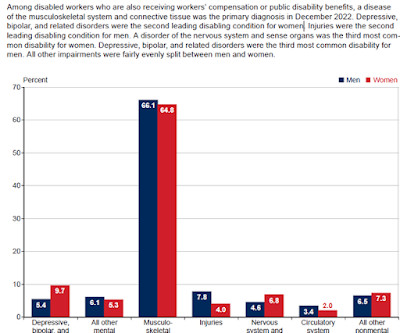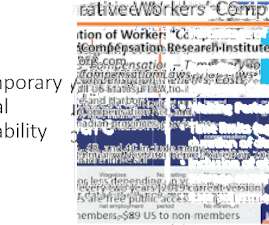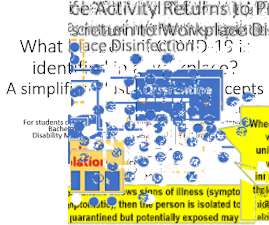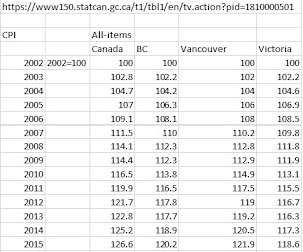Mental Injuries: Workers’ Compensation and Disability Insurance Part 1
Workers' Compensation Perspectives
APRIL 29, 2024
Many workers’ compensation jurisdictions and work-disability insurers have noted increasing mental disorder (also called psychological injury, mental injury) claims over time. Similar terms in different jurisdictions may or may not carry the exact meaning or definition.











Let's personalize your content